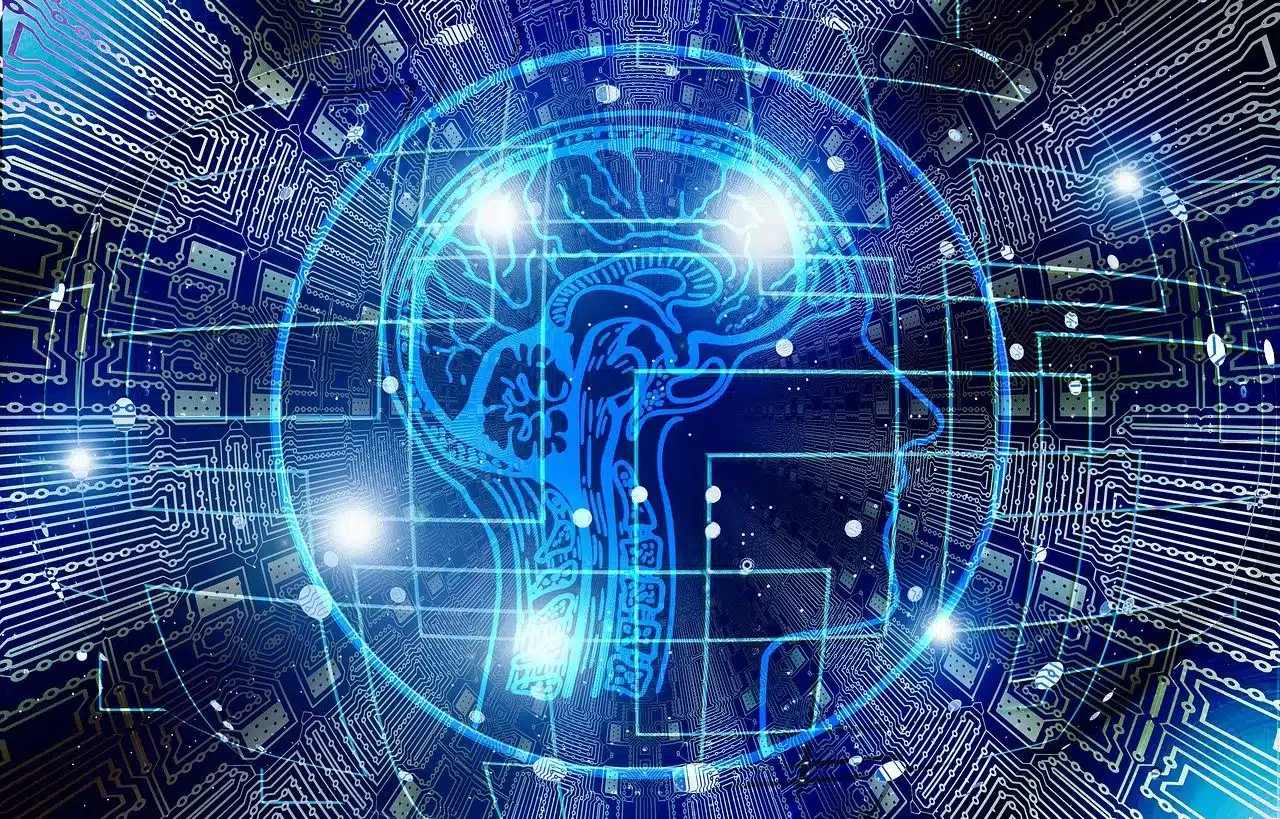
Understanding allows us to understand, assimilate and process information.
Understanding is the human capacity to understand, assimilate and process information, ideas or concepts. It involves perception and analysis to reach conclusions about situations, problems or issues. It encompasses both the ability to grasp the meaning of something and to apply that knowledge effectively in different contexts.
Basic cognitive processes
The basic processes of cognition are fundamental to the functioning of the human mind and include perception, attention and memory . Each plays a crucial role in interpreting, processing and storing information from the world around us.
Perception is the process by which we interpret and organize the information we receive through our senses. It allows us to make sense of the environment and recognize objects, people, events and situations. It is not simply a passive reproduction of sensory stimuli, but is also influenced by past experiences, frames of reference, expectations and cultural contexts. For this reason, two people can perceive the same object differently.
Attention is the ability to focus the mind on certain stimuli or aspects of the environment, while ignoring others. It is a selective process that allows us to focus on relevant information and filter out distractions. It can be both voluntary and involuntary and can vary in terms of intensity and duration. For example, when we are reading a book, our attention is focused on the words and content, while other stimuli in the environment become less noticeable.
Memory is the process by which we encode, store, and retrieve information over time. It is made up of several systems and stages, including sensory memory, short-term (or working ) memory, and long-term memory. It allows the retention and use of acquired knowledge, memories, learning and adaptation to new situations. It is essential for decision making and problem solving. For example, when we remember the name of a person we just met, we are using our short-term memory; Then, we can store it in long-term memory for future access.
Intelligence, reasoning and reflection
Intelligence, reasoning and reflection are three key aspects of understanding. Intelligence is a person's general ability to understand, assimilate and use knowledge effectively. It allows us to learn, reason, solve problems and adapt to new situations. It involves not only the acquisition of information, but also the processing and application in a meaningful way. It can manifest itself in various ways, including logical-mathematical thinking, linguistic intelligence, emotional intelligence, among others.
Reasoning is the mental process by which inferences are drawn from available information. It involves the ability to analyze, evaluate, and draw logical conclusions based on premises or evidence. It can be deductive, inductive or abductive , depending on the logical structure used to reach a conclusion. In the context of understanding, reasoning is essential to organize and structure information in a coherent way, thus allowing a deeper understanding of concepts and phenomena.
Reflection is the process of thinking carefully about something, examining its aspects, implications, and possible meanings. It entails a critical review of our own ideas, beliefs and experiences, as well as the external information we receive. It allows us to deepen our understanding, question assumptions and consider different perspectives. Additionally, it facilitates continuous learning and personal growth by integrating new ideas and experiences into our existing knowledge. Reflection plays a crucial role in helping us consolidate and expand our understanding of a topic or situation.

Thanks to reflection we consolidate and expand our understanding.
How to improve understanding
To improve understanding through study techniques , it is essential to use a combination of approaches that take advantage of our cognitive abilities and promote deep information processing.
Let's look at some techniques that can be useful to improve understanding:
- active reading and observation : when reading a text, it is important not to just skim over the words, but to reflect on their meaning. Observing details, making notes, and relating what you read to prior knowledge can improve understanding. Observation can help discern patterns, recurring themes, or key points;
- summary and synthesis : After reading, creating a summary or synthesis of the main points can help consolidate the information. This involves selecting the most relevant ideas, using judgment to discern the importance of each detail, and expressing them concisely. Synthesis allows you to integrate and organize information in a clearer and more accessible way;
- reflection and deepening : taking time to reflect on what you have read is crucial to deepening understanding. Wondering about meaning, implications, or practical applications can foster better understanding. Going deeper involves going beyond the surface and exploring broader connections between concepts;
- Critical evaluation and discernment : It is important not to passively accept information, but to critically evaluate its validity and reliability. Use discernment to distinguish between facts and opinions, identify biases or fallacies, and form an informed opinion. Critical evaluation promotes a more complete understanding by rigorously questioning and analyzing information;
- Research and consultation : Expanding understanding through additional research and consultation of various sources can enrich the study process. Seeking different perspectives, talking to experts, and exploring multiple sources of information are tactics that can provide a more complete view of a topic, as well as encourage intellectual curiosity and continued exploration;
- intuition and conjecture : useful tools when used in a complementary way with reasoning and evidence. Intuition can provide initial ideas that can then be examined and evaluated more critically. The conjecture can inspire new questions or hypotheses to investigate.

Active reading, synthesis and research significantly enhance our understanding when studying.
Barriers to understanding
Understanding barriers are obstacles that can make it difficult to fully or accurately understand a topic or situation. They can arise for various reasons, such as cognitive, emotional or contextual limitations. Some of the common barriers include:
- lack of prior knowledge – the absence of relevant information or a basic understanding of the topic;
- prejudices and biases : personal, cultural or social prejudices can distort perception and make it difficult to impartially understand information;
- complexity of the topic : especially the most intricate or abstract ones, the understanding of which requires additional effort;
- inaccessible language : the use of technical terminology or specialized jargon can be a barrier for those who are not familiar with the specific vocabulary;
- distractions : external factors, such as noise or interruptions, are detrimental to concentration and information processing;
- lack of clarity in communication : as well as ambiguity, they can generate confusion and misunderstandings;
- closed attitude : the unwillingness to consider different perspectives or points of view.
